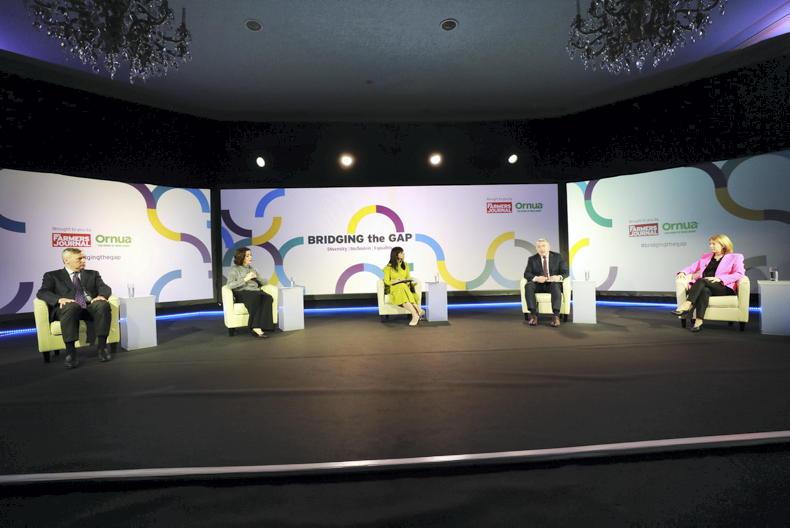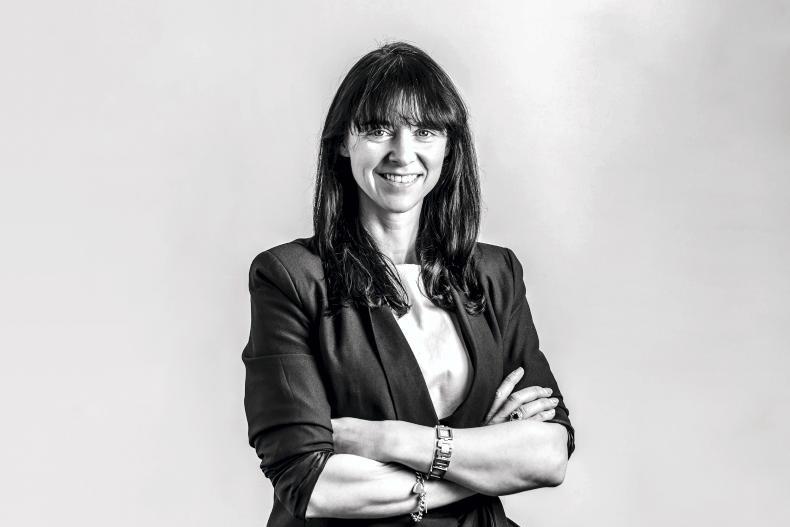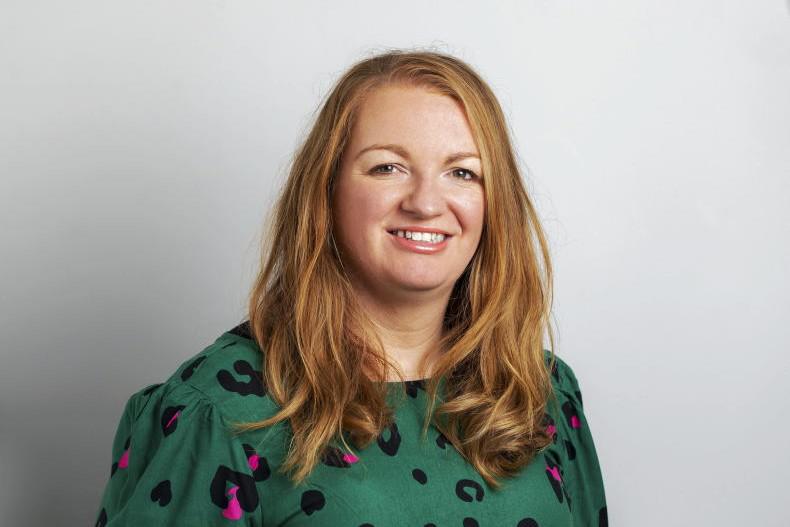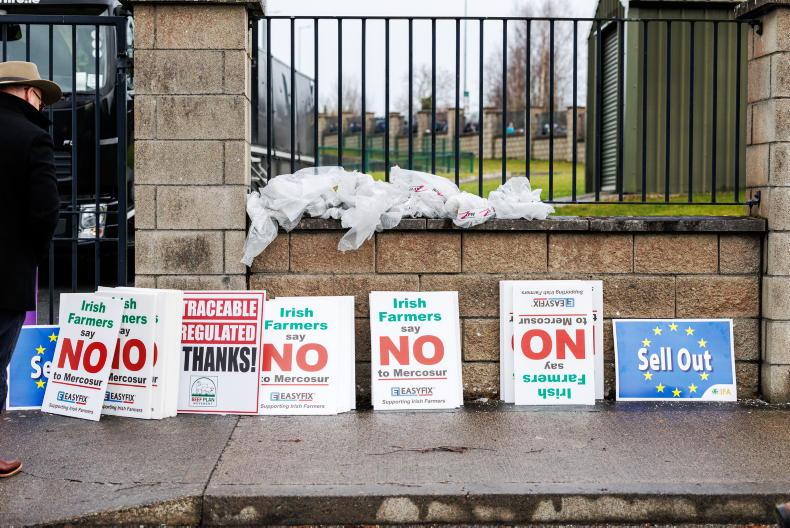Following our “Bridging the Gap” Equality, Diversity and Inclusion (EDI) event last week, I received much correspondence. The event had made people think. And that was the aim – opening up the conversation, learning and empowering people to make changes in their own organisations. For that, I would like to thank our speakers, whose candour and insight, I am grateful for. Not everyone agrees on actions required or actions already taken.
Some of the comments were full of frustration, evidence of sexism and chauvinism still very prevalent in their organisations. Others disagreed with some of what the speakers said. It was all good, positive debate.

Bridging the Gap event.
The discourse reminded me of a message a reader left on my voicemail a few weeks back. It was just after the world witnessed the president of the European Commission, Ursula von der Leyen, fail to “secure a seat”, quite literally, with some of her peers.
To recap: on a trip to meet Turkish president Erdogan, only two chairs were set for the meeting and she was not given one of them. She attributed this behaviour to sexism.
My caller, however, felt that by not being afforded priority treatment, she was provided with equal treatment. He felt she was looking for favouritism and not equality.
For me, equality would have been three chairs and being shown the respect she deserves.
One comment made to me after the event was: “I understand better now, I always thought EDI was a bit ‘fluffy’”. So, although we have all heard the reasons, repeating the – why this is important – is never a wasted exercise.
One of the main reasons EDI adds value to organisations (and that can be a primary school committee, a co-op board or a multinational PLC) is the cognitive diversity that is derived from it.
CEO of Ornua, John Jordan, referenced this point saying if everyone on his board was the same as him “seven John Jordans” (page 12) it would be a boring debate. With only one opinion, there would be no diversity of challenge, no diversity of thought and no creativity.
For me, equality would have been three chairs and being shown the respect she deserves
EDI is on the agenda but, as TriviumVet founder Louise Grubb says on page 13: “If you want to really embrace diversity and get people who are at very different levels of the organisation, to collaborate, you need to live it."
Over the course of the last number of months, I have heard two senior women articulate a frustration with inaction over the course of their careers. Mairead McGuinness said to me when I spoke to her for International Women’s Day: “When I was 17, I didn’t see the need for gender mainstreaming, believing that women would succeed on merit. I’m now 61 and know that has not been the reality.”
Francesca McDonagh, CEO of Bank of Ireland, said the same last week: “When I started off in banking 25 years ago, I would look up at senior people and they were all men. I thought it will change, but it hasn’t really. I am very committed to not being able to say the same thing in 25 years’ time.”
Without proactive policies in place, the gender issue will not be addressed. We are not living it yet.
Read more
Accessibility in modern Ireland: what can you do?
Equal pay for equal work is only one step to equality in the workplace
Equity for women in the workplace has to be more than just being ‘facilitated’
Following our “Bridging the Gap” Equality, Diversity and Inclusion (EDI) event last week, I received much correspondence. The event had made people think. And that was the aim – opening up the conversation, learning and empowering people to make changes in their own organisations. For that, I would like to thank our speakers, whose candour and insight, I am grateful for. Not everyone agrees on actions required or actions already taken.
Some of the comments were full of frustration, evidence of sexism and chauvinism still very prevalent in their organisations. Others disagreed with some of what the speakers said. It was all good, positive debate.

Bridging the Gap event.
The discourse reminded me of a message a reader left on my voicemail a few weeks back. It was just after the world witnessed the president of the European Commission, Ursula von der Leyen, fail to “secure a seat”, quite literally, with some of her peers.
To recap: on a trip to meet Turkish president Erdogan, only two chairs were set for the meeting and she was not given one of them. She attributed this behaviour to sexism.
My caller, however, felt that by not being afforded priority treatment, she was provided with equal treatment. He felt she was looking for favouritism and not equality.
For me, equality would have been three chairs and being shown the respect she deserves.
One comment made to me after the event was: “I understand better now, I always thought EDI was a bit ‘fluffy’”. So, although we have all heard the reasons, repeating the – why this is important – is never a wasted exercise.
One of the main reasons EDI adds value to organisations (and that can be a primary school committee, a co-op board or a multinational PLC) is the cognitive diversity that is derived from it.
CEO of Ornua, John Jordan, referenced this point saying if everyone on his board was the same as him “seven John Jordans” (page 12) it would be a boring debate. With only one opinion, there would be no diversity of challenge, no diversity of thought and no creativity.
For me, equality would have been three chairs and being shown the respect she deserves
EDI is on the agenda but, as TriviumVet founder Louise Grubb says on page 13: “If you want to really embrace diversity and get people who are at very different levels of the organisation, to collaborate, you need to live it."
Over the course of the last number of months, I have heard two senior women articulate a frustration with inaction over the course of their careers. Mairead McGuinness said to me when I spoke to her for International Women’s Day: “When I was 17, I didn’t see the need for gender mainstreaming, believing that women would succeed on merit. I’m now 61 and know that has not been the reality.”
Francesca McDonagh, CEO of Bank of Ireland, said the same last week: “When I started off in banking 25 years ago, I would look up at senior people and they were all men. I thought it will change, but it hasn’t really. I am very committed to not being able to say the same thing in 25 years’ time.”
Without proactive policies in place, the gender issue will not be addressed. We are not living it yet.
Read more
Accessibility in modern Ireland: what can you do?
Equal pay for equal work is only one step to equality in the workplace
Equity for women in the workplace has to be more than just being ‘facilitated’










SHARING OPTIONS